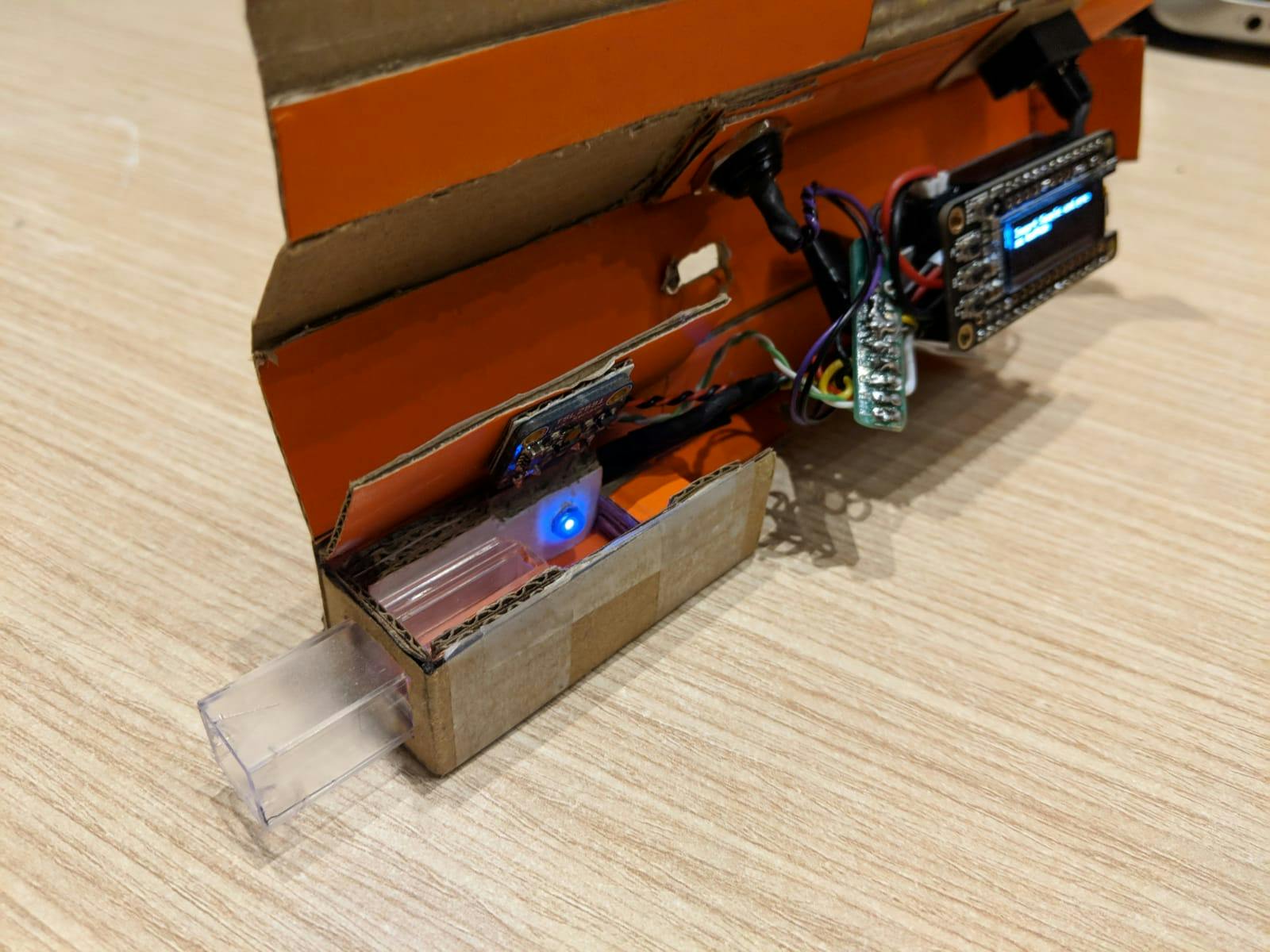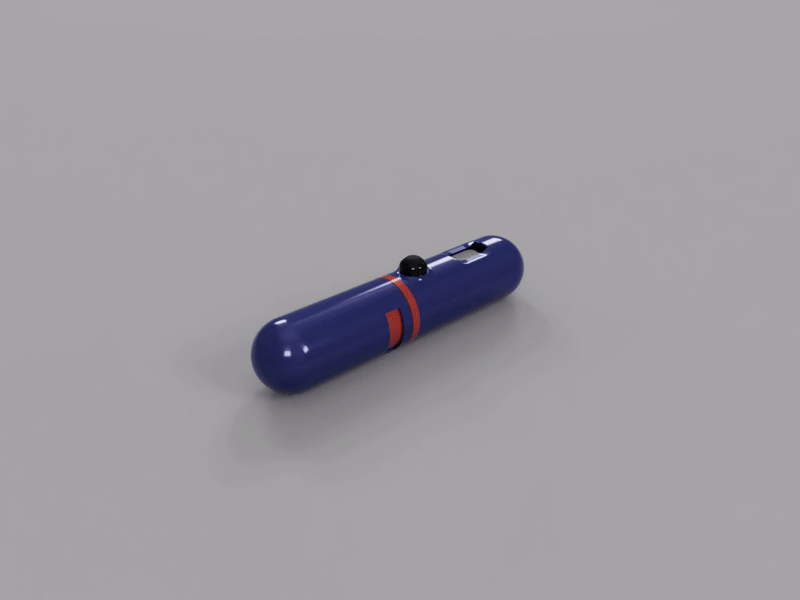iGEM Team CMU-Q
Our CMUQ iGEM team combined hardware and software prowess to revolutionize genetic testing. With a compact handheld device and advanced algorithms, we repurpose CRISPR-Cas12a for accurate and accessible diagnostics.

As a member of the iGEM team from Carnegie Mellon University in Qatar (CMUQ), we embarked on a mission to address the need for accessible and cost-effective genetic testing. Our goal was to develop an innovative approach that would push the boundries of the field. As a result, we have created a unique diagnostic technique by integrating novel hardware and software.
Harnessing the Power of CRISPR-Cas12a
Inspired by Dr. Doudna's research, we repurposed CRISPR-Cas12a for diagnostic purposes. Cas12a, a DNA-targeting enzyme, can recognize specific DNA sequences through guide RNA (gRNA). When the target DNA matches the gRNA, Cas12a initiates enzymatic activity, resulting in the cleavage of single-stranded DNA (ssDNA). Leveraging this mechanism, we devised a technique to detect genetic sequences related to recessive genetic diseases.
The Role of Hardware

To facilitate our diagnostic technique, we developed a compact handheld device capable of detecting and measuring the fluorescence emitted during the cleavage process. Our device featured a light detection sensor and an LED that emits light at 530nm, the required wavelength to excite the fluorescent tags released by Cas12a cleavage. We designed a specific slot on the device to accommodate microtubes containing patient DNA, target DNA, and Cas12a enzyme, ensuring accurate data acquisition. The heart of our device lies in the Arduino-based PCB, the control center that enables seamless communication and coordination among various hardware components. Our device is equipped with Bluetooth, an OLED LCD screen, and a rechargeable battery, and offers portability and real-time monitoring capabilities.

The Power of Machine Learning
The integration of software is a crucial component of our diagnostic technique. Our software incorporated machine learning algorithms, database analysis, and statistical evaluation. As a result, our device continually improves accuracy by leveraging machine learning by analyzing vast genetic data. In addition, the Bluetooth compatibility of our software allows for seamless data transfer, enabling further analysis and collaboration, and data analytics.
Future Prospects
Integrating software, especially AI and machine learning models, holds immense potential for the future of genetic testing. With ongoing advancements, we anticipate further miniaturization and optimization of hardware components, resulting in even more portable devices. In addition, improvements in machine learning algorithms and data analysis techniques will lead to more precise and personalized diagnostics, ultimately enhancing patient care and outcomes.
As part of the CMUQ iGEM team, our project showcases the power of hardware and software integration in revolutionizing genetic testing. Through repurposing CRISPR-Cas12a and developing a compact, handheld device equipped with powerful hardware components and sophisticated software, we have demonstrated accessible and cost-effective solutions to traditional genetic testing. As technology advances, the future of genetic testing looks promising, promising improved healthcare outcomes and empowering individuals with knowledge about their genetic predispositions.
Read More
CMU-Q iGEM Home Page
Research by Dr. Doudna